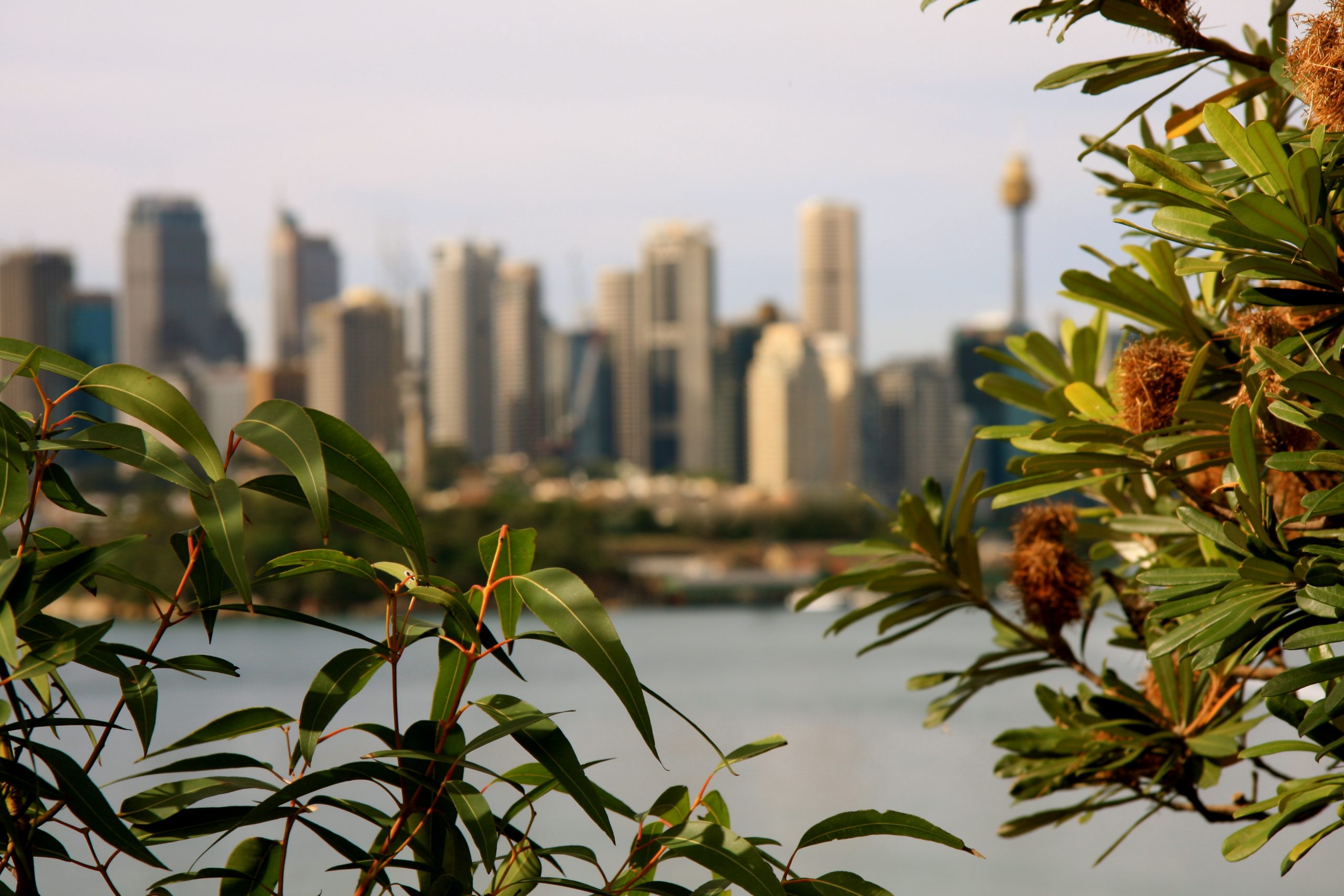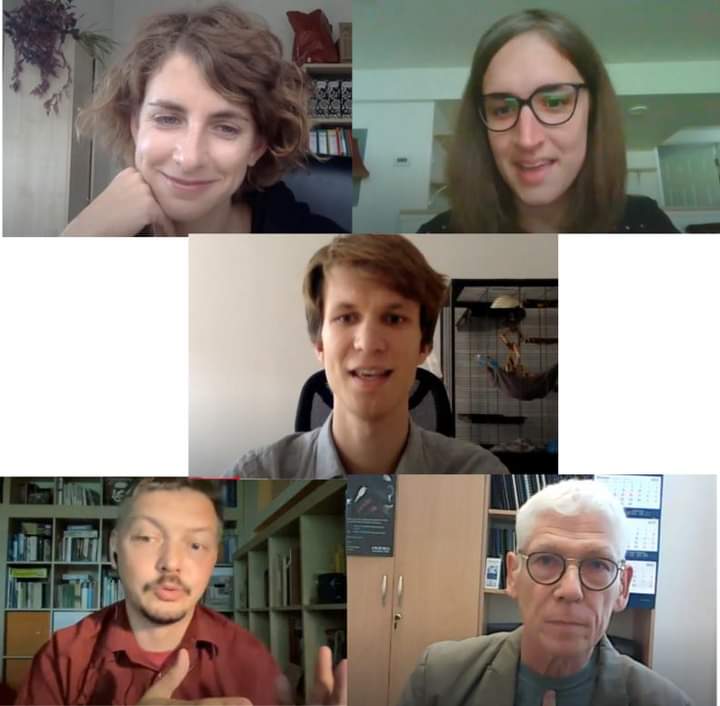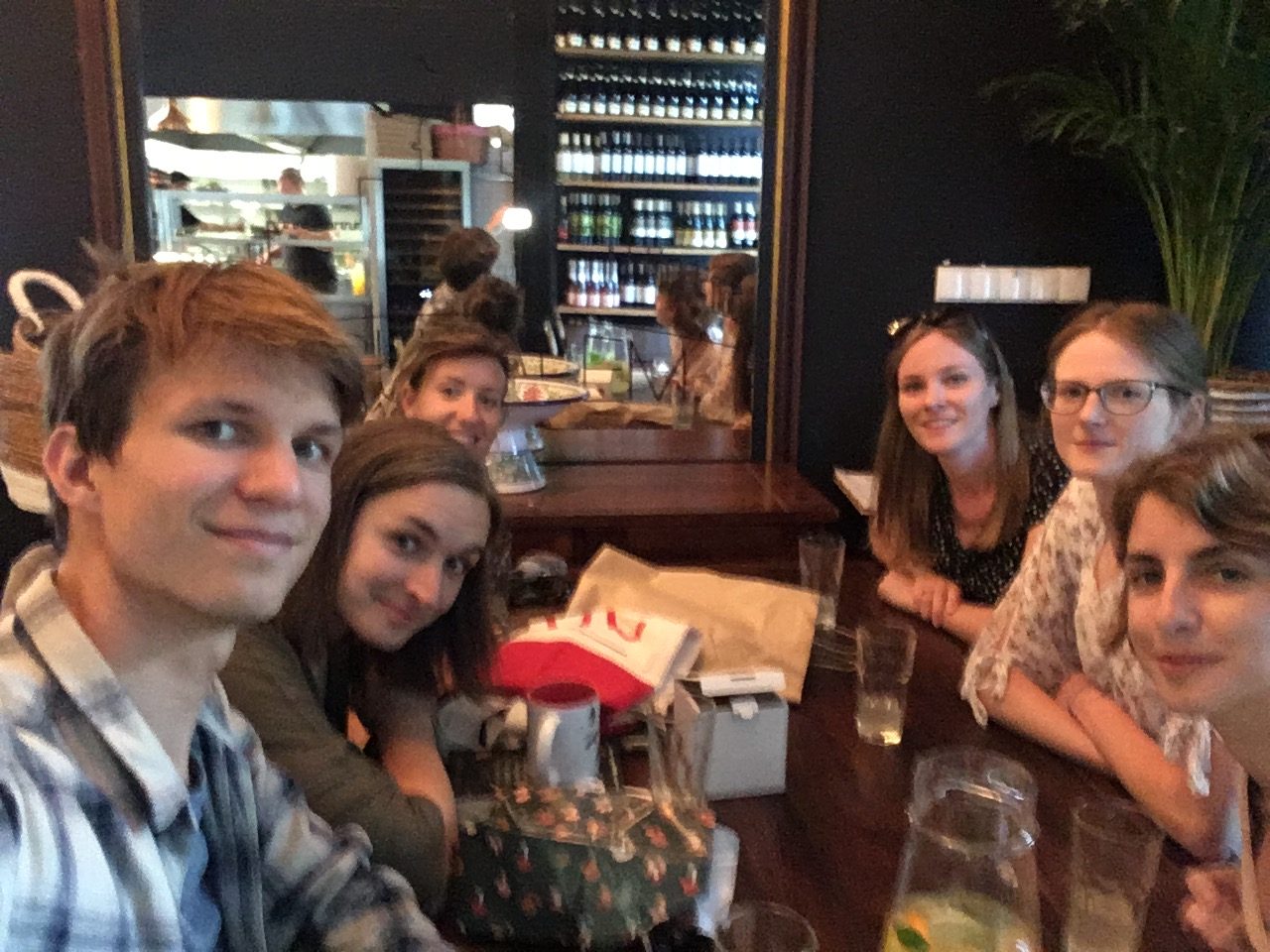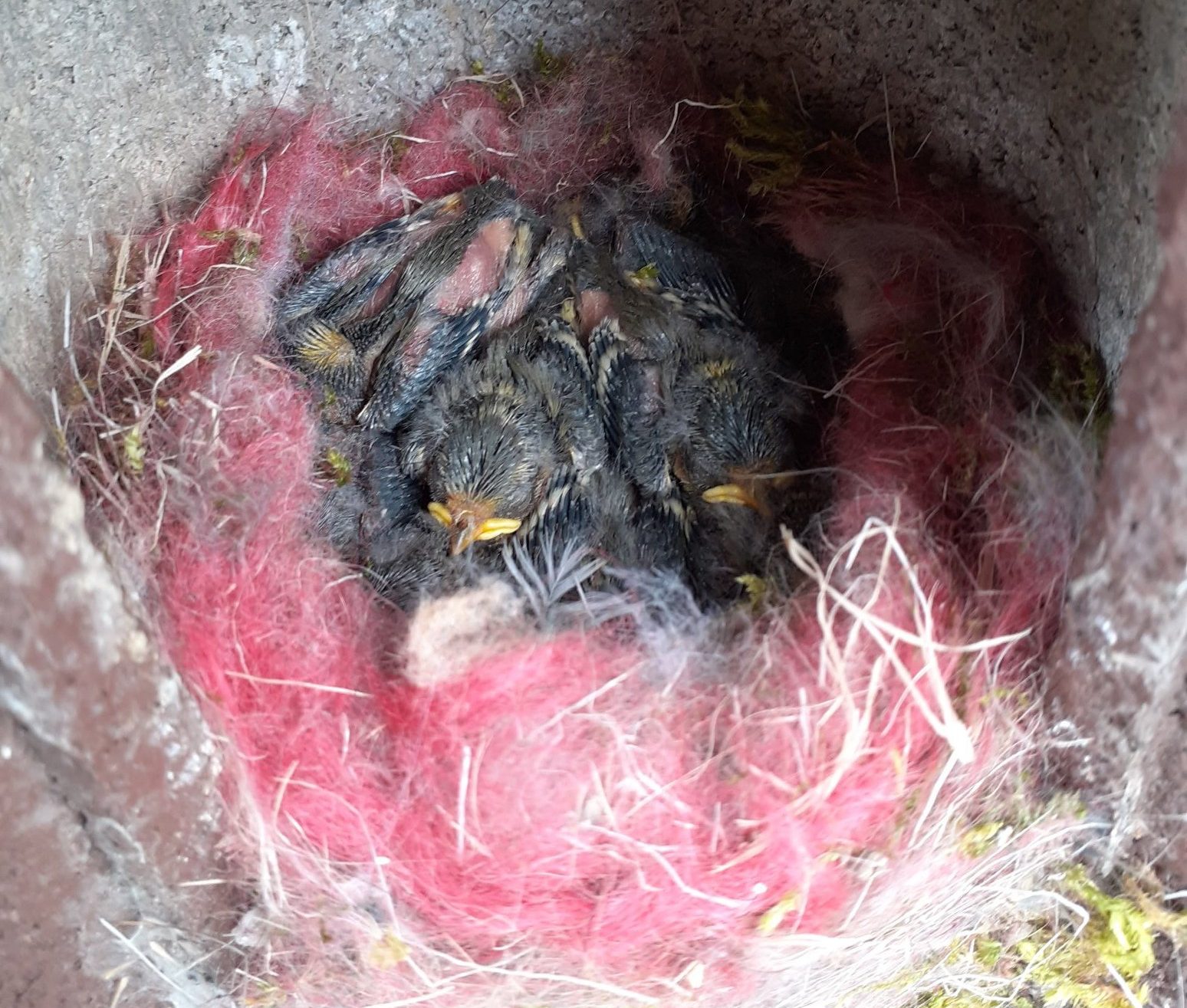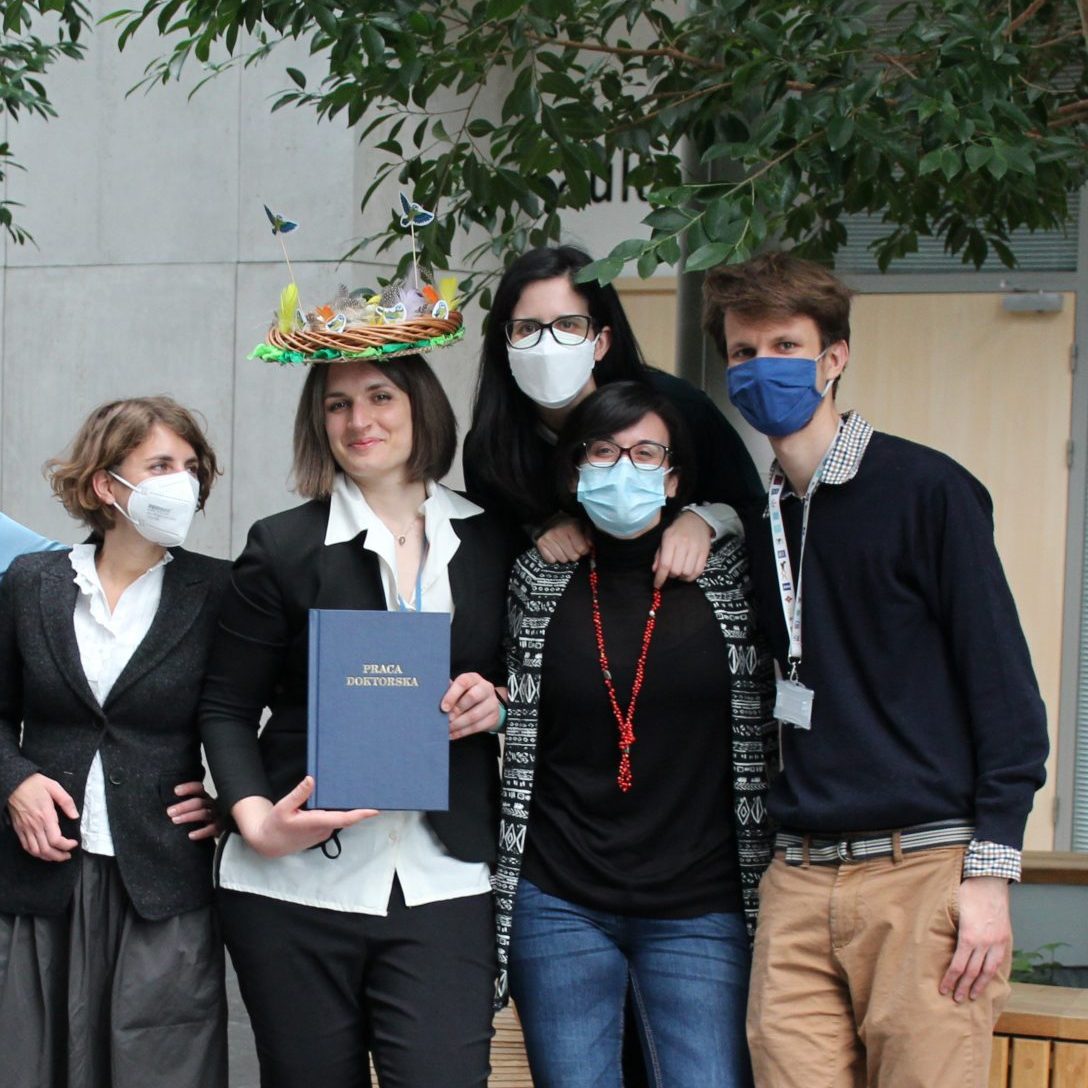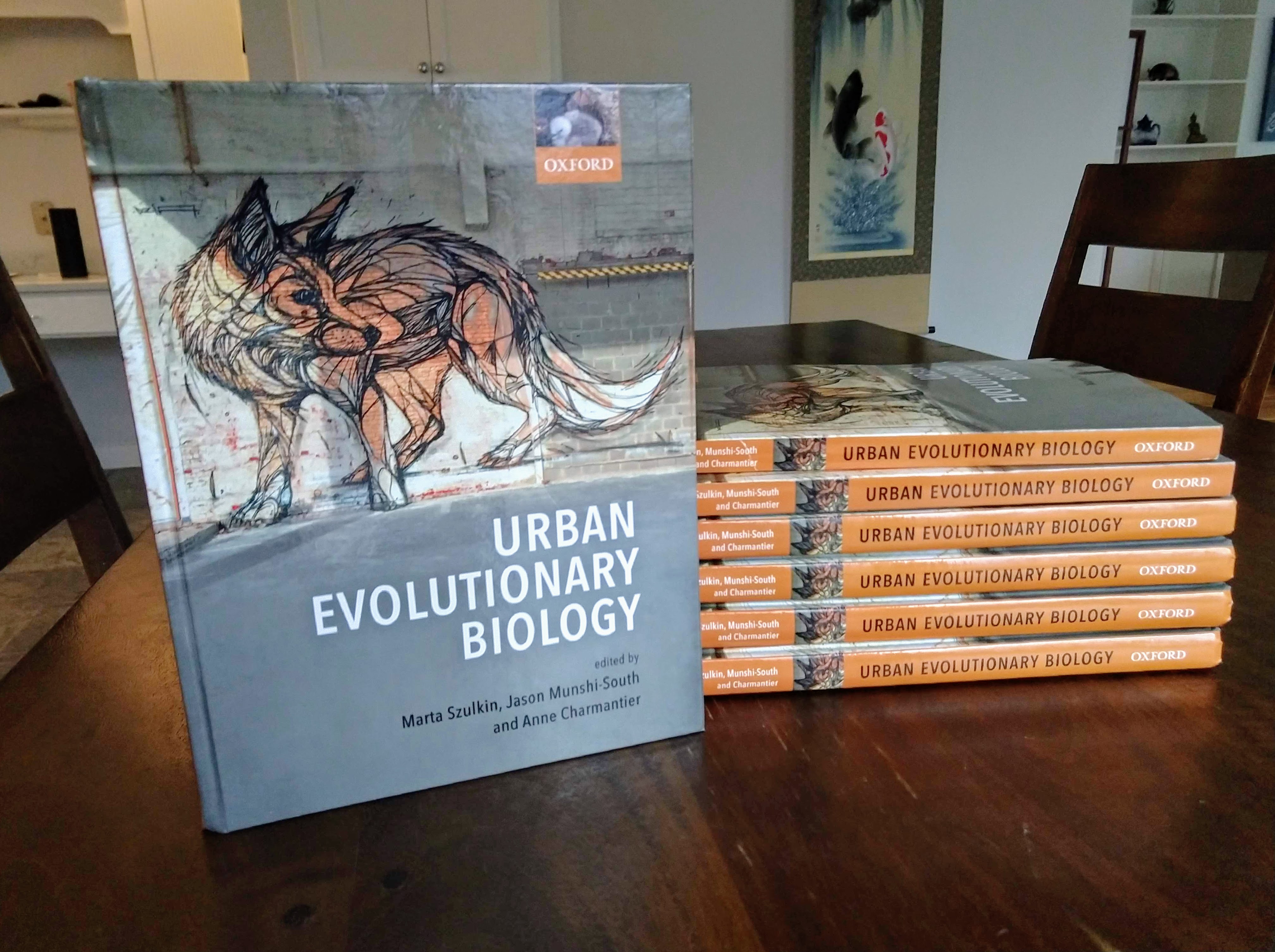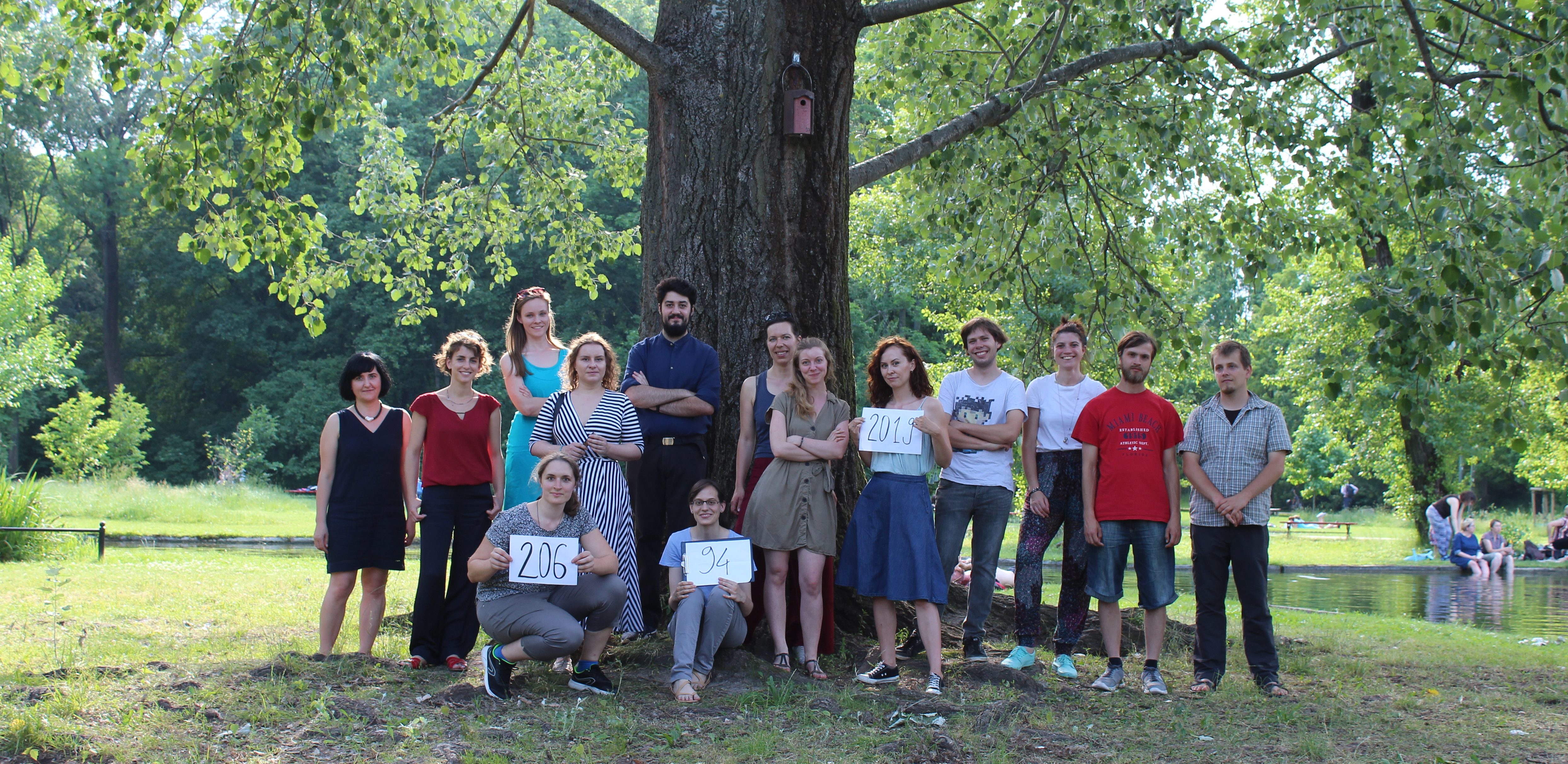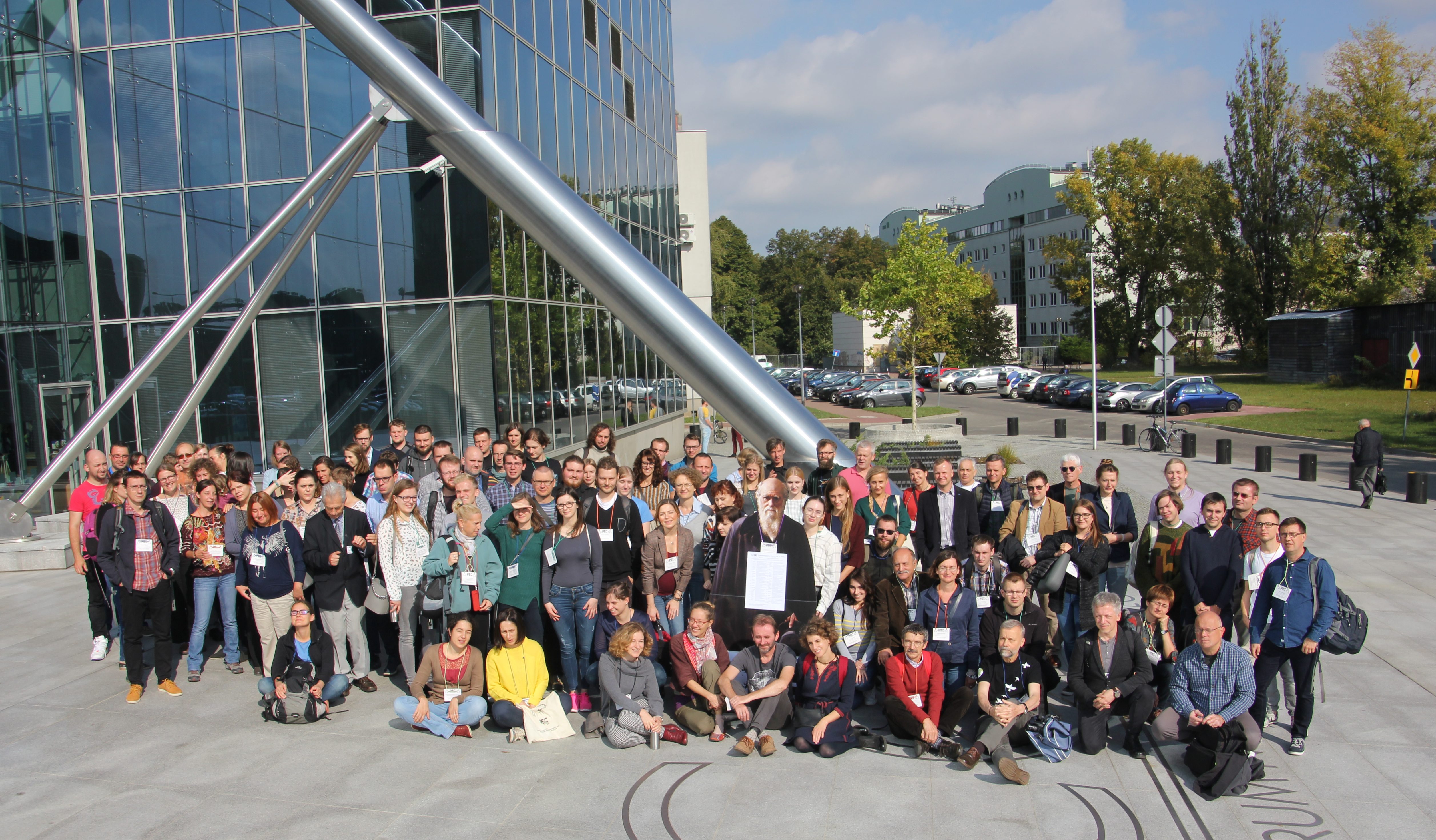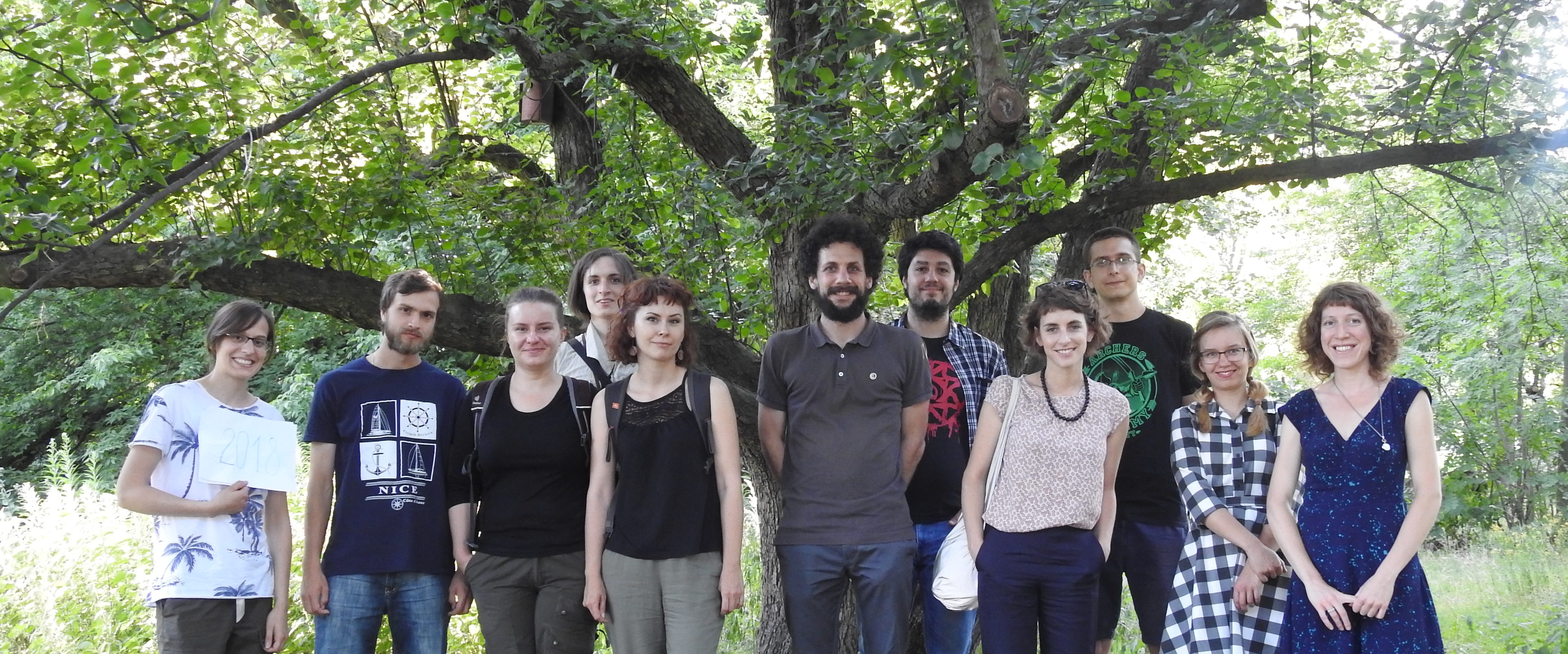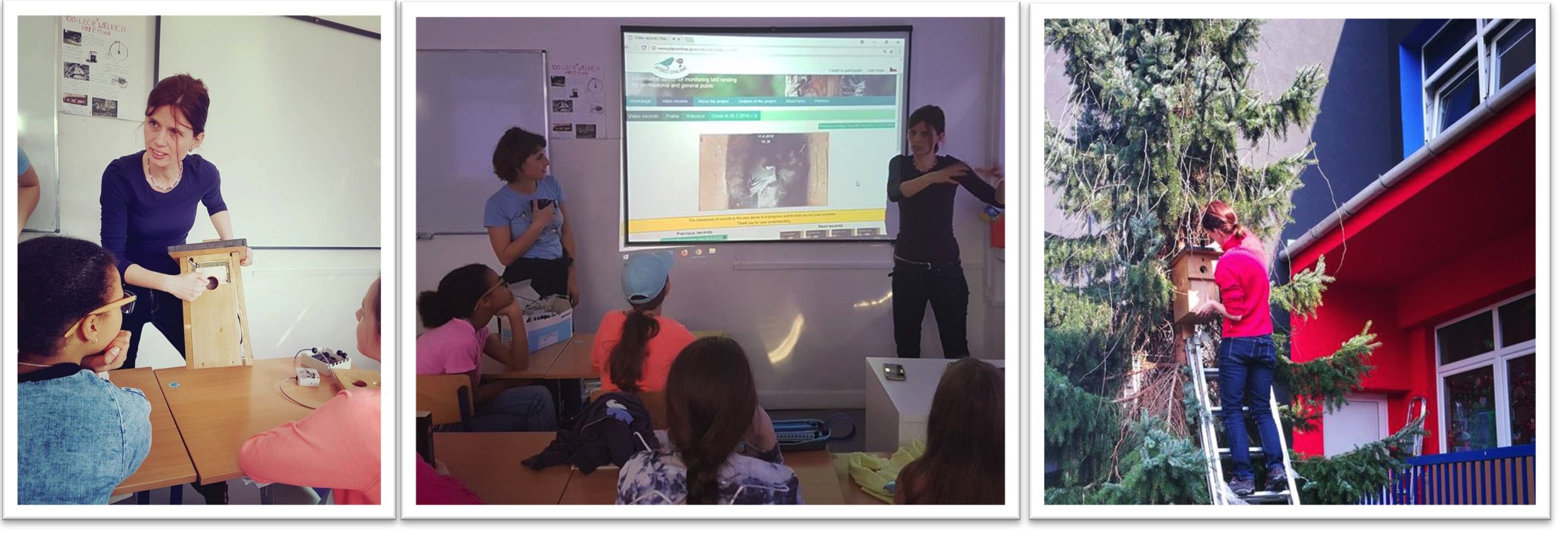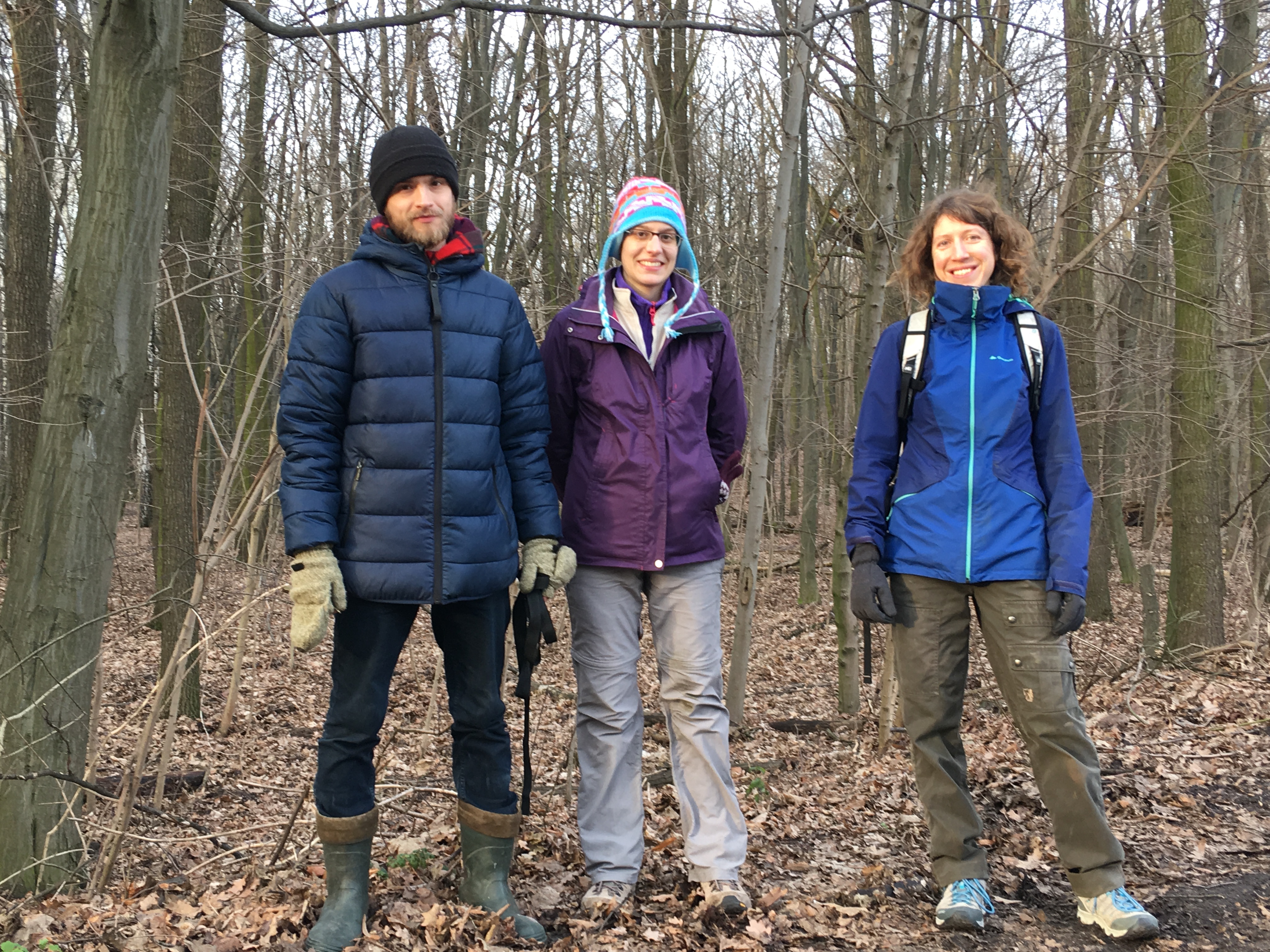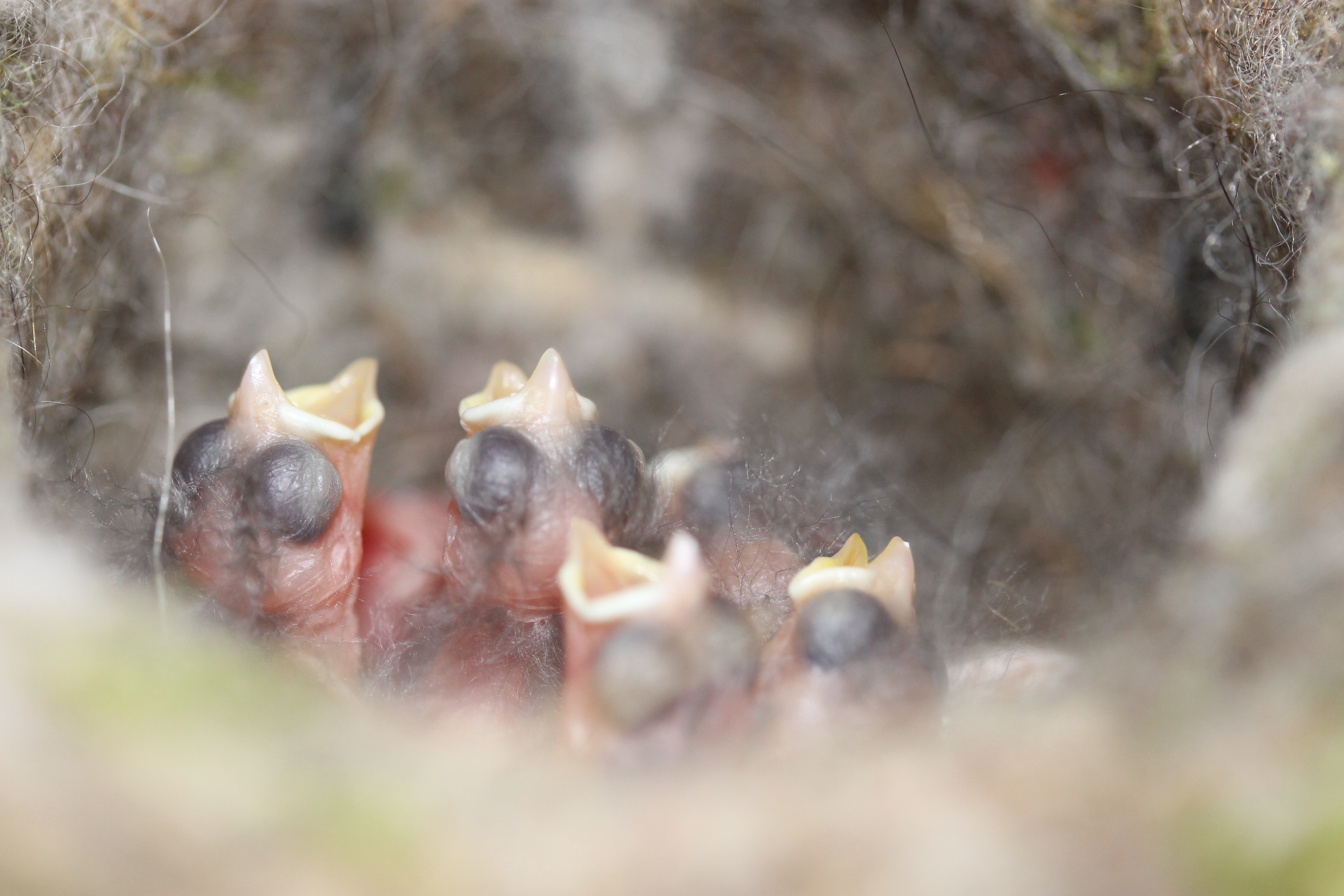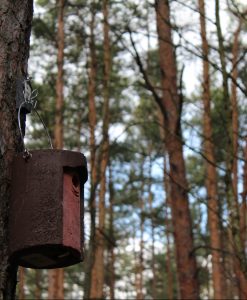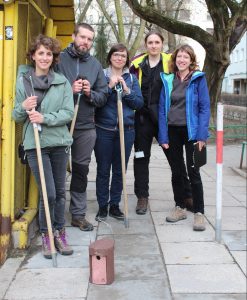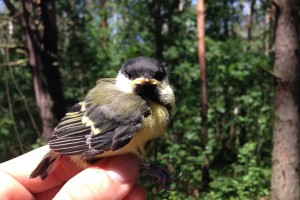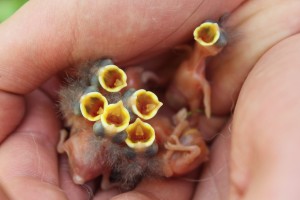March 2023
Do you like urban fieldwork? We are hiring and are looking for field assistants – Details are available here. Feel free to get in touch directly for all the details!
January 2023
The Wild Urban Evolution & Ecology Lab is moving!!
After 7 years at the Centre of New Technologies, we are now thrilled to join the Institute of Evolutionary Biology and set up roots in a wonderful Institute set at the Faculty of Biology, University of Warsaw. More details soon!
October 2022
Delighted to welcome Lena Fus, who will be working on the urban microbiome for her Masters project!
We are hiring! Do you like urban fieldwork? We are looking for field assistants – a full job description is available here.
December 2021
New OPUS grant from the Polish National Science Centre in the lab! The 4 years long project will investigate the urban gut microbiome with experimental and comparative approaches. We will aim to quantify the impact of urbanisation on the gut microbiota of wild birds, and their hosts – great tits Parus major. Post-doctoral and PhD positions will be opened soon – please do not hesitate to get in touch to discuss the project!
Recent publications & pre-prints:
- Di Lecce I, Sudyka J, Westneat DF & Szulkin M (submitted). Preserving avian blood and DNA sampled in the wild: a survey of personal experiences. EcoEvoArxiv.
- Caizargues AE, Le Luyer J, Gregoire A, Szulkin M, Senar J-C, Charmantier A & Perrier C. 2021. Epigenetics and the city: non-parallel DNA methylation modifications across pairs of urban-forest great tit populations. Evolutionary Applications.
September 2021
Congratulations to Ignacy Stadnicki, who defended his Bachelor Thesis at Artes Liberales (University of Warsaw) with honours! A follow-up to his work on the Application of crime theory in urban eco-evo research is in the works…
A warm farewell to Dr Michela Corsini, who is starting a postdoctoral fellowship funded by NAWA at the Cornell Lab of Ornithology – a great continuation to the fantastic research she carried out in the lab.
July 2021
The urban space is an amazing playground for biological investigation. The following biological themes have been recently investigated by members of our lab (lab members in bold):
- Have pandemic lockdown measures altered avian life-history trait variation? A rare fieldwork insight carried out at the height of Covid pandemic restrictions in spring 2020:
Corsini M., Jagiełło Z., Walesiak M., Redlisiak M., Stadnicki I., Mierzejewska E. & Szulkin M. (submitted). Breeding in the pandemic: short-term lockdown restrictions do not alter reproductive decisions and avian life-history traits in a European capital city. EcoEvoArxiv.
- Are small urban passerines better off in nestboxes or in natural cavities? Check out this detailed account of life-history trait variation in these two nest types, investigated in an urban forest:
Sudyka J., Di Lecce I., Wojas L., Rowiński P. & Szulkin M. (submitted). Nest-boxes alter the reproductive ecology of urban cavity-nesters in a species-dependent way. EcoEvoArxiv.
- An analysis of urban-driven DNA methylation patterns in the avian genome, as inferred in Warsaw, Montpellier and Barcelona:
Caizergues AE, Le Luyer, Gregoire A, Szulkin M, Senar JC, Charmantier A & Perrier P. (2021). Testing for parallel genomic and epigenomic footprints of adaptation to urban life in a passerine bird. bioRxiv 10.1101/2021.02.10.430452
- Pervasive urban-driven changes in the avian gut microbiome. We also highlight the importance of how urbanisation is defined, as this can impact results interpretation:
Maraci Ö, Corsini M, Antonatou-Papaioannou A, Jünemann S, Sudyka J, Lecce ID, Caspers BA, Szulkin M (2021) Alterations to the Gut Microbiota of a Wild Juvenile Passerine in an Urban Mosaic. bioRxiv 10.1101/2021.04.15.439940
- Striking changes in metal pollution in feathers of blue tits and great tits, measured accross 8 replicated gradients of urbanisation:
Chatelain M., Da Silva A., Celej M., Kurek E., Corsini M. & Szulkin M. (in press). Replicated, Urban-Driven Exposure to Metal Pollutants in Two Passerines. Scientific Reports.
- A report on metal pollution measured in nest material, feathers and avian droppings, and its negative impact on reproductive success:
Chatelain M., S. Massemin, S. Zahn, E. Kurek, E. Bulska & Szulkin M. 2021. Urban metal pollution explains variation in reproductive outputs in great tits and blue tits. Science of the Total Environment. 776 (2021) 145966.
- The importance of standardised databases for individual-based avian life-history data:
Culina A., […], Szulkin M., […] & Visser M. 2021. Connecting the data landscape of long-term ecological studies; the SPI-birds data hub. Journal of Animal Ecology (in press)1-14.
June 2021
Warsaw’s 6th field season is coming to a close. A heartfelt THANK YOU to all valiant field assistants who collected data in the field this year:
Magdalena Batko, Michela Corsini (fieldwork coordinator), Ewa Mierzejewska, Ewa Osuchowska, Michał Kryciński, Michał Redlisiak, Ignacy Stadnicki & Klaudia Wojtaś.
Picture caption: blue tits breeding in a nest with considerable ammounts of anthropogenic material (pink wool).
March 2021
Congratulations to Dr Michela Corsini, who successfully defended her PhD thesis Urban Evolutionary Ecology of Two Wild Passerines with flying colours (and a distinction!).
February 2021
We are looking for 1-2 field assistants for this year’s spring field season! More information available here.
- New paper: M. Chatelain, S. Massemin, S. Zahn, E. Kurek, E. Bulska & M. Szulkin. 2021. Urban metal pollution explains variation in reproductive outputs in great tits and blue tits. Science of the Total Environment. In press. https://doi.org/10.1016/j.scitotenv.2021.145966
January 2021
Urban Evolutionary Biology has gained great traction among specialist and popular science media outlets. Here is a selection:
- Blumstein, D. 2020. The respect it deserves: Book review of Szulkin, M. , J. Munshi‐South, and A. Charmantier, eds. 2020. Urban Evolutionary Biology. Oxford University Press, Oxford. Evolution 74: 2748-2751. https://doi.org/10.1111/evo.14117
- Winchell, K. 2020. Q & A: Urban Evolutionary Biology. Life in the city / Evolution in an urbanizing world blog. https://urbanevolution-litc.com/2020/10/20/qa-urban-evolutionary-biology/
- [in Polish] 2021. Radio interview on urban evolution. TOK FM, by Cezary Łasiczka.
Interested in work carried out in the lab?
- A one-hour long seminar presenting work carried out in the Wild Urban Evolution & Ecology Lab is available here. [source: Montpellier Ecology & Evolution Seminars, France]
- A 20 minutes long presentation on urban evolution is available here. [source: Genomic Social Hour, California Academy of Sciences, USA]
July 2020
New Papers authored / co-authored by members of the lab:
- Corsini, M., Schoell, E.M., Chatelain, M., Di Lecce, I., Dubiec, A. & Szulkin M. (2020) Growing in the city: urban evolutionary ecology of avian growth rates. Evolutionary Applications (in press).
- Des Roches S. et al. (2020) Socio-Eco-Evolutionary Dynamics in Cities. Evolutionary Applications (in press).
- Alberti, M. et al. (2020) The complexity of urban eco-evolutionary dynamics. Bioscience (in press).
Congratulations to Michela Corsini, who secured an Iwanowska NAWA grant to spend 1 year at the Cornell Lab of Ornithology, Cornell University in Ithaca, USA.
Marta Szulkin received an NCN Uwertura Grant for a research stay in CEFE CNRS in Montpellier, France, during the academic year 2020-20201.
June 2020
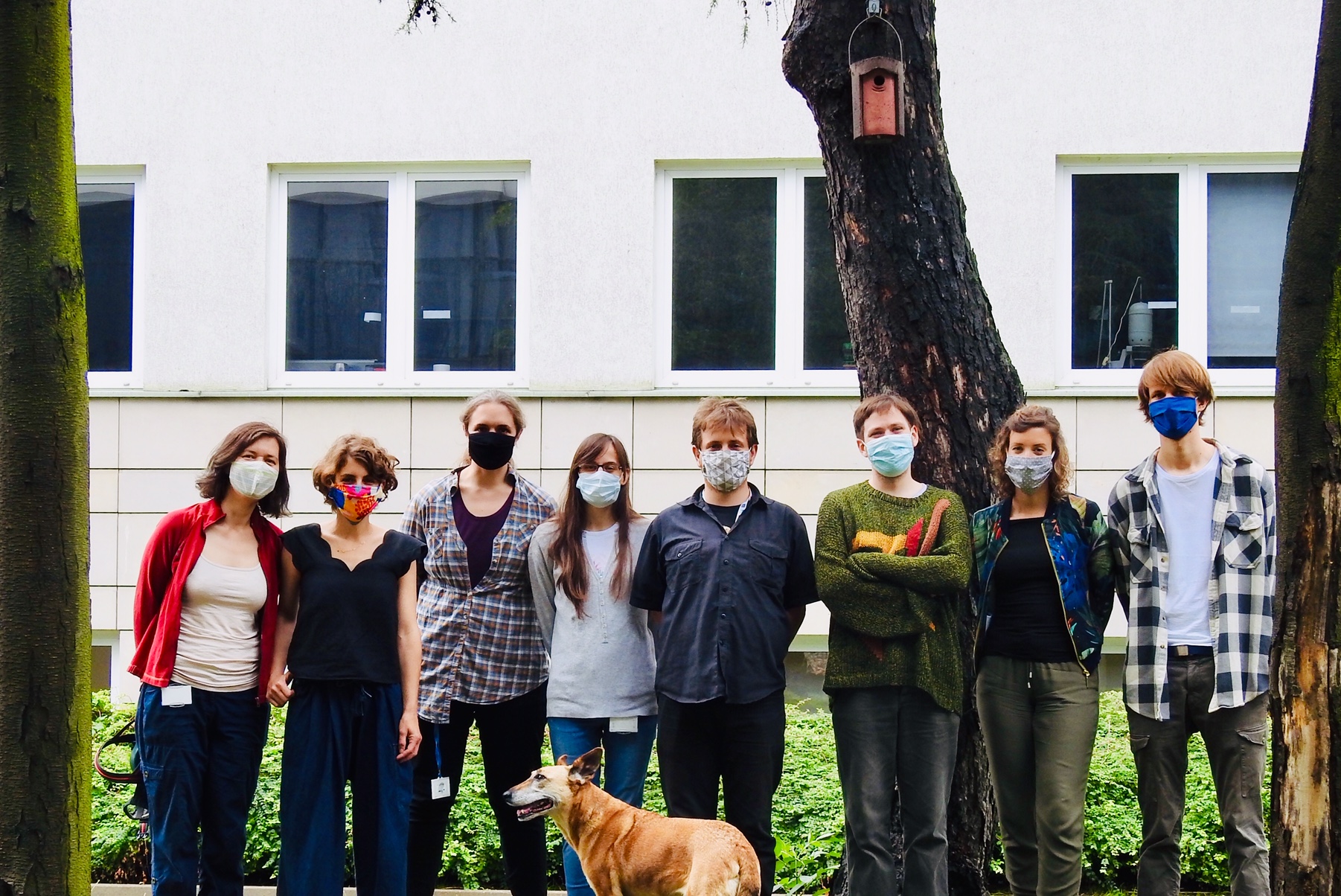 A very special field season, where we managed to cover most field sites under standard protocole – a great success only made possible by a very special team. From left to right: Ewa Mierzejewska, Marta Szulkin, Michela Corsini, Irene Di Lecce, Michał Redlisiak, Michał Walesiak, Zuzanna Jagiełło, Ignacy Stadnicki.
A very special field season, where we managed to cover most field sites under standard protocole – a great success only made possible by a very special team. From left to right: Ewa Mierzejewska, Marta Szulkin, Michela Corsini, Irene Di Lecce, Michał Redlisiak, Michał Walesiak, Zuzanna Jagiełło, Ignacy Stadnicki.
 Congratulations to Irene Di Lecce, who extracted and successfully sent (not an obvious thing under COVID restrictions) several thousands of DNA samples to Australia for SNP genotyping. A lot of work went into this box!
Congratulations to Irene Di Lecce, who extracted and successfully sent (not an obvious thing under COVID restrictions) several thousands of DNA samples to Australia for SNP genotyping. A lot of work went into this box!
May 2020
- Urban Evolutionary Biology, the first academic book on urban evolution, with 16 chapters from 40+ contributors, now exists! Further details here and here. The book can be purchased on the Oxford University Press website, NHBS, and Amazon.
April 2020
Despite the Covid-19 outbreak, fieldwork is on, with some interesting nest constructions and breeding strategies: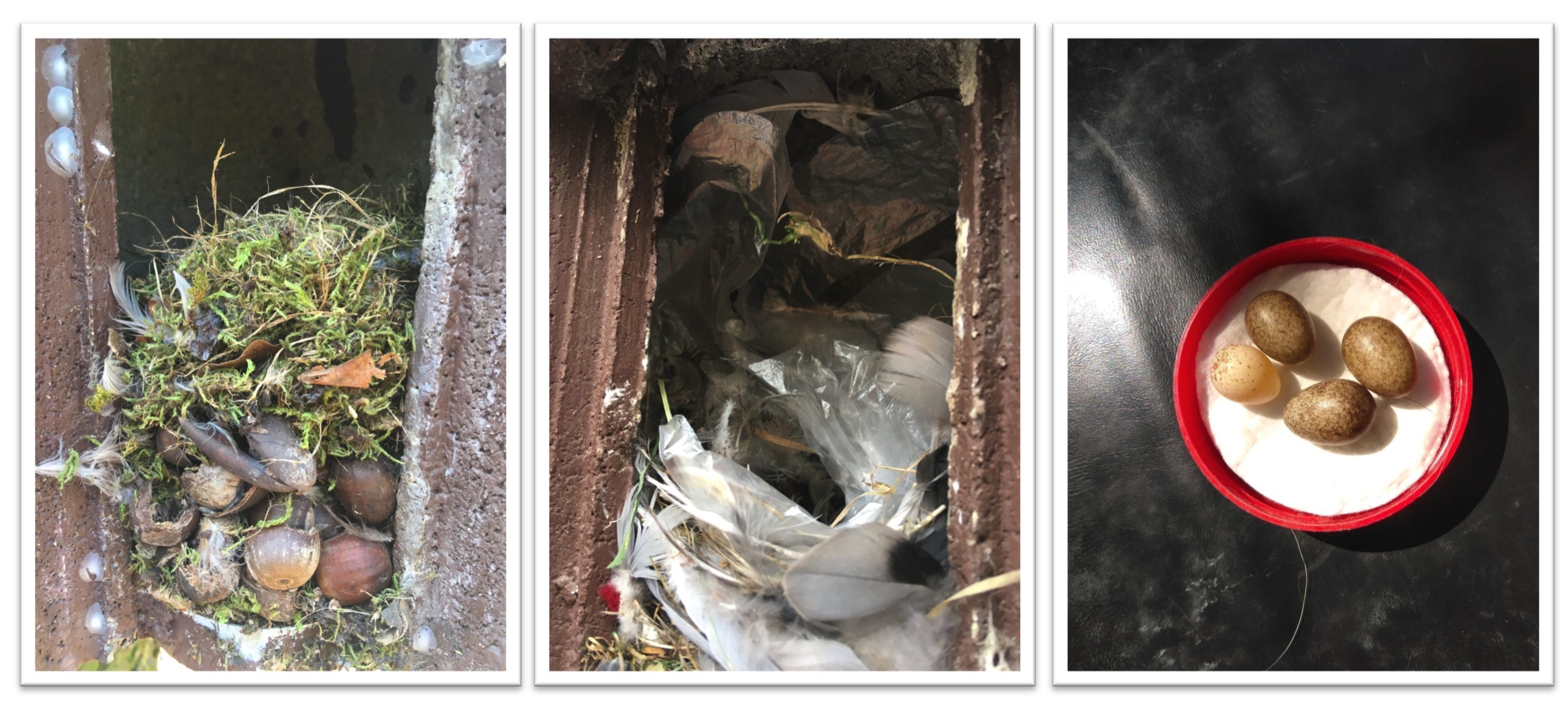
From left to right: (1) an unusual tit nest, (2) a plastic glove used by sparrows for nest construction, (3) a mixed brood of sparrow and great tit eggs.
January 2020
Warm far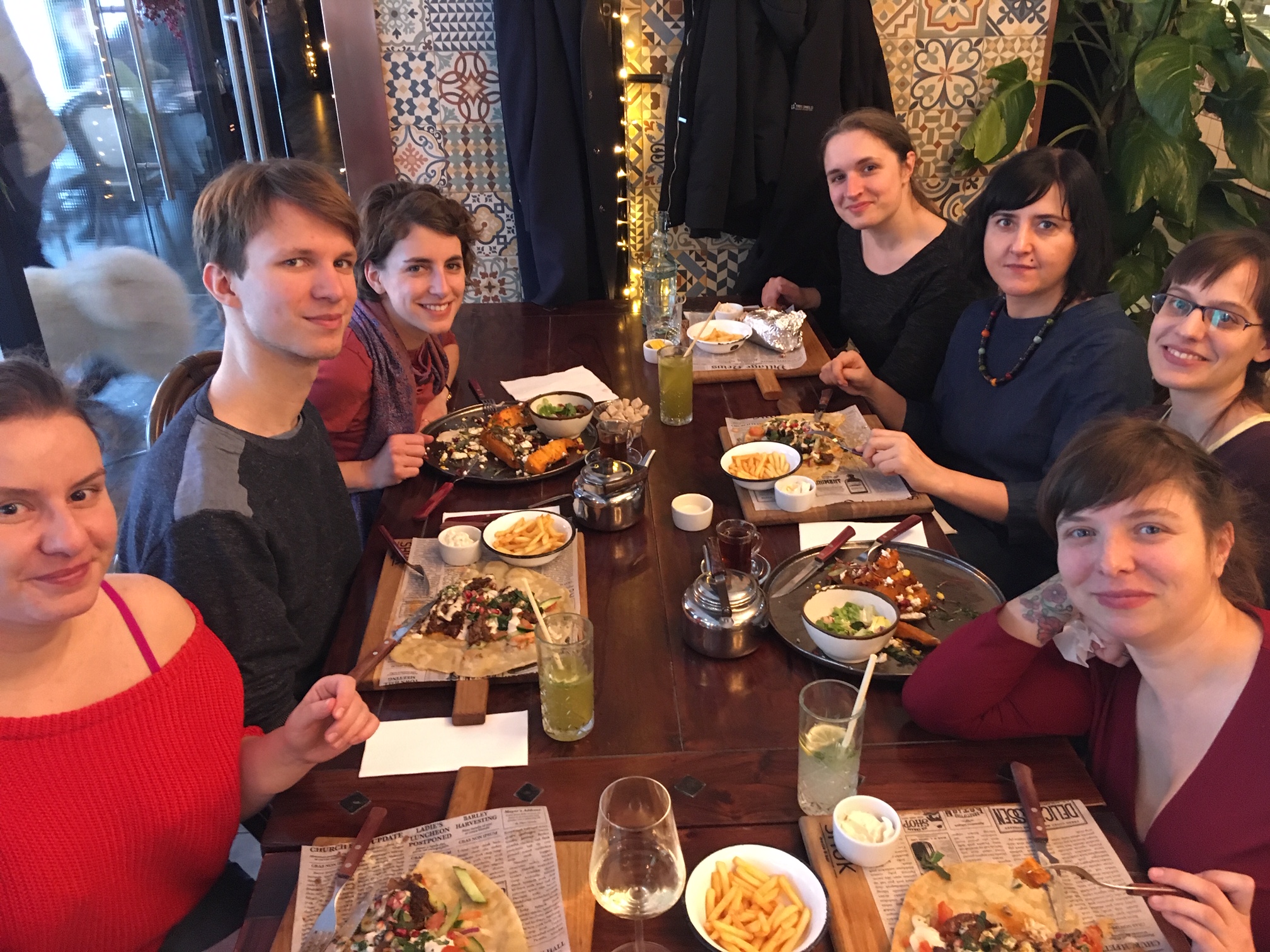 well to Sylwia Czarnomska and Joanna Sudyka, who have both led brilliant post-doctoral projects on multicity genomics (Sylwia) and phenotypic and genomic variation in natural cavities (Joanna). More news about their work will be posted in the near future!
well to Sylwia Czarnomska and Joanna Sudyka, who have both led brilliant post-doctoral projects on multicity genomics (Sylwia) and phenotypic and genomic variation in natural cavities (Joanna). More news about their work will be posted in the near future!
November 2019
Congratulations to Marion Chatelain for her new paper in Ecology Letters!
- Chatelain M, Drobniak S and Szulkin M. The association between stressors and telomeres in non‐human vertebrates: a meta‐analysis. Ecology Letters, In press.
July 2019
Congratulations to Michela Corsini for her new paper in press!
- Corsini M, Marrot P, Szulkin M. Quantifying human presence in a heterogeneous urban landscape. Behavioral Ecology, In press.
Urban Evolutionary Biology – the first academic volume on evolutionary biology in the urban space, has been submitted to Oxford University Press for further processing. Edited by Marta Szulkin, Jason Mushi-South and Anne Charmantier and involving over 40 contributors worldwide, the book has been a fantastic journey of inspiration, learning and team work. Scheduled release date: February 2020.
June 2019
The fourth field season on the Warsaw gradient of urbanisation is coming to a close – this year, we monitored blue tit and great tit reproductive events in nestboxes and natural cavities, collected caterpillar frass in a gradient of urbanisation, and set up video recording of parental behaviour and provisioning. Thank you to all participants of this adventure, and for the tremendous and diligent work that was put into the recording of data.
May 2019
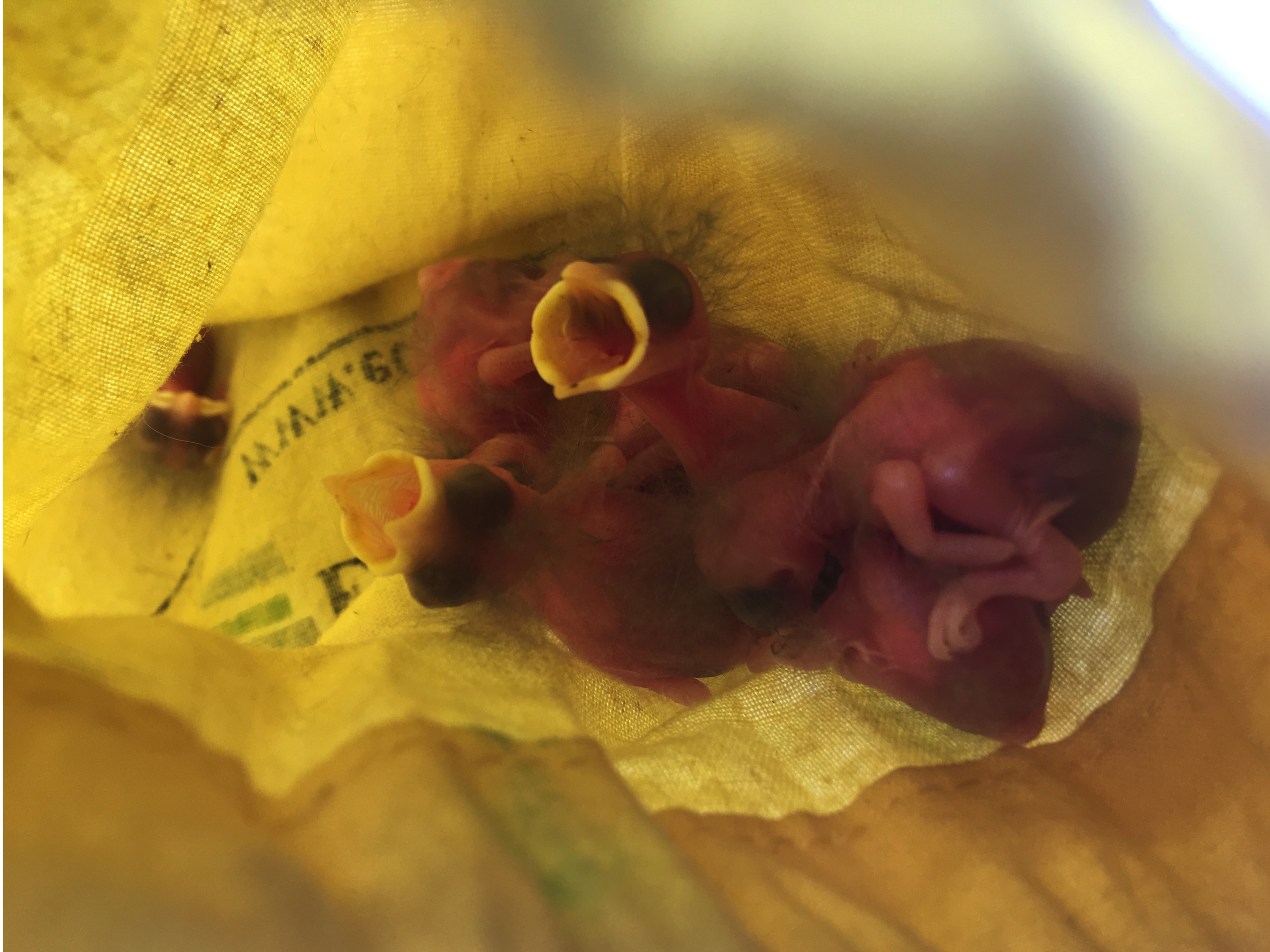 The first chicks are here! The earliest great tit and blue tit broods hatched April 26th and April 28th, respectively. Video recording of nestboxes with 10 days old chicks revealed the visit of a great spotted woodpecker …
The first chicks are here! The earliest great tit and blue tit broods hatched April 26th and April 28th, respectively. Video recording of nestboxes with 10 days old chicks revealed the visit of a great spotted woodpecker …
April 2019
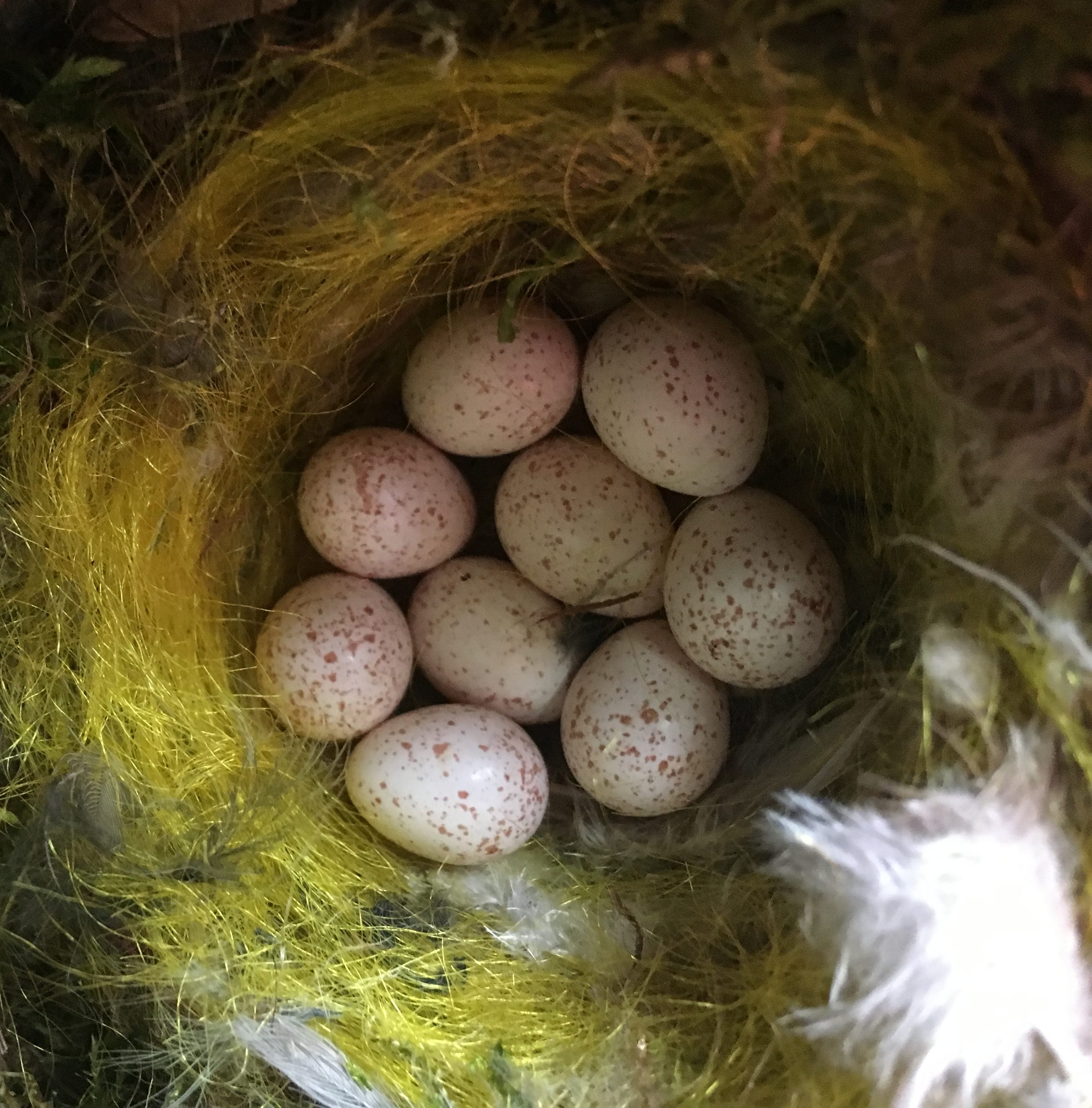 The field season has started! 13 of us will be working full time in the field during peak field season, covering nestboxes in a gradient of urbanisation and natural cavities in an urban forest. The earliest egg laid for blue tits was recorded on the 4th of April, and on the 7th of April for great tits.
The field season has started! 13 of us will be working full time in the field during peak field season, covering nestboxes in a gradient of urbanisation and natural cavities in an urban forest. The earliest egg laid for blue tits was recorded on the 4th of April, and on the 7th of April for great tits.
Happy Easter!
March 2019
Welcome to Sylwia Czarnomska! Sylwia will be joining the team to work on the population genomics of great tits and blue tits in replicated urban – rural gradients.
February 2019
Warmest congratulations to Marion Chatelain, who will be leaving the lab to start a two-years long Lise Meitner grant from the Austrian Science fund (M 2628) to work in the Applied and Trophic Ecology group of the University of Innsbruck. Her project will aim at understanding food-driven movements of great and blue tits within the urban mosaic. Find out more about the project on her website!
January 2019
A book in preparation! Urban evolutionary biology stands at a fascinating multi-disciplinary crossroad, enriching the field of evolutionary biology with emergent yet incredibly potent new research themes where the urban habitat is key.
The book Urban Evolutionary Biology, edited by Marta Szulkin, Jason Munshi-South and Anne Charmantier, will be published by Oxford University Press in early 2020. Stay tuned!
October 2018
Do you w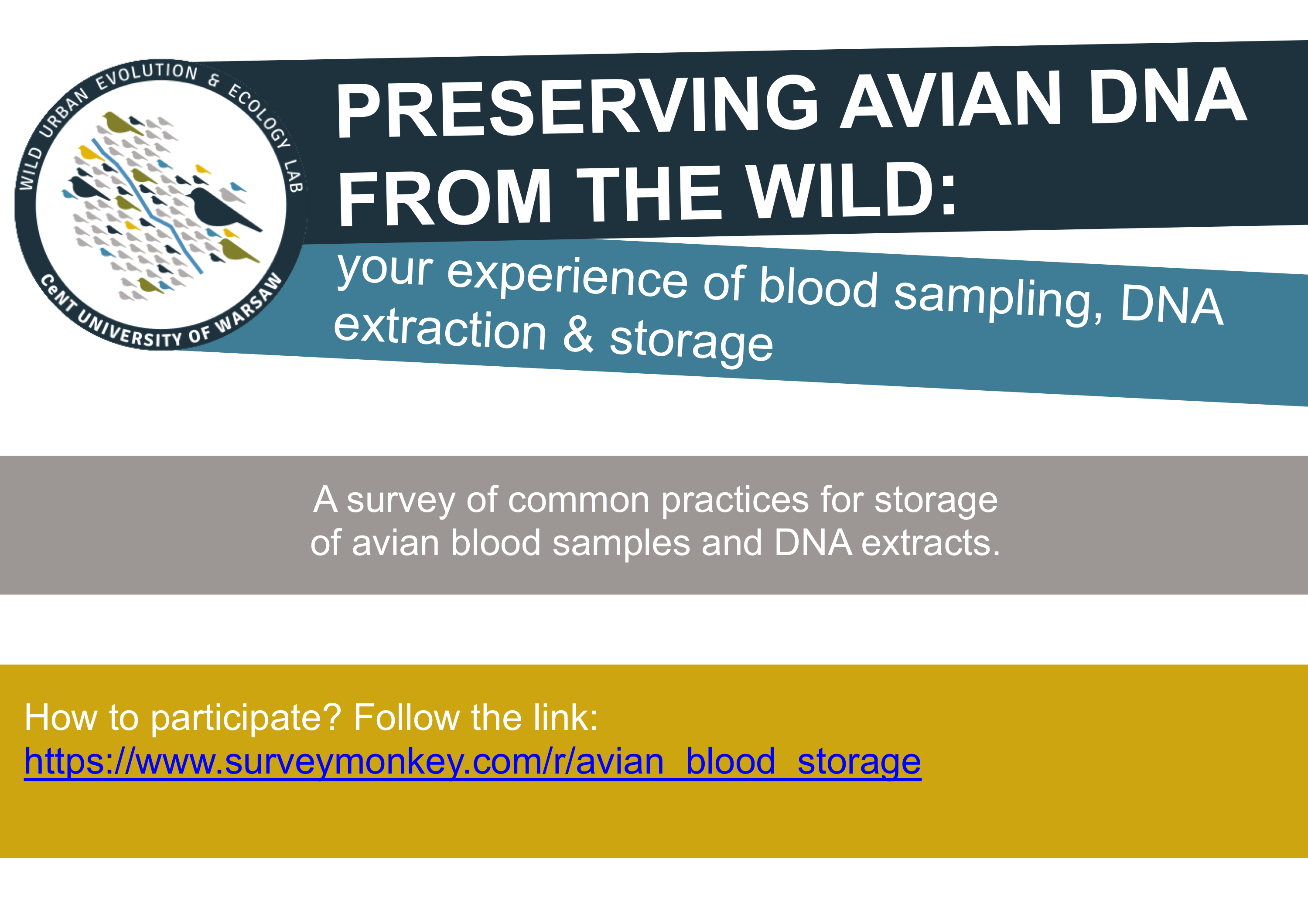 ork with avian DNA? We are interested in your experience of blood sampling, extraction and storage. Please fill our survey – it will take you c. 9 minutes of your time and will contribute to much needed insight into success and failures in obtaining meangful DNA data!
ork with avian DNA? We are interested in your experience of blood sampling, extraction and storage. Please fill our survey – it will take you c. 9 minutes of your time and will contribute to much needed insight into success and failures in obtaining meangful DNA data!
September 2018
c. 130 attendants participated at the 6th Polish Evolutionary Conference, hosted by the  Centre of New Technologies and co-organised by members of the Wild Urban Evolution & Ecology Lab, the Faculty of Biology (University of Warsaw), the Museum and Institute of Zoology PAS and the Institute of Mammal Research PAS in Bialowieża. Thank you for the fantastic talks and great atmosphere during the meeting!
Centre of New Technologies and co-organised by members of the Wild Urban Evolution & Ecology Lab, the Faculty of Biology (University of Warsaw), the Museum and Institute of Zoology PAS and the Institute of Mammal Research PAS in Bialowieża. Thank you for the fantastic talks and great atmosphere during the meeting!
July 2018
Thank you to all those who participated in the urban wildlife photography contest – many contributions were truly stunning, and selected pictures will now be exhibited in Pole Mokotowskie between 20-29 July.
We are closing-off our third field season on the Warsaw gradient of urbanisation! Thank you to the fantastic field work team who collected data this season – we recorded 226 great tit and blue tit breeding events (54 and 45%, respectively). These were monitored in nestboxes across 9 study sites in a gradient of urbanisation; over 50 breeding events monitored in natural cavities were also followed.
May 2018
Are you a wildlife photographer? A contest for wildlife photography in Warsaw is now open – you can find more details here.
The first clutch of great tits in the Warsaw Tit Study has hatched! Time & place: 2nd of May in an urban park – 5 days later than last year, despite a much warmer month of April. Michela Corsini has kickstarted her video-recording project soon after, with some promising results:
April 2018
A new field season has started! We are recording many nests built with distinctive red wool in urban areas – any opinions on a preference for red in tit nest decor? Get in touch!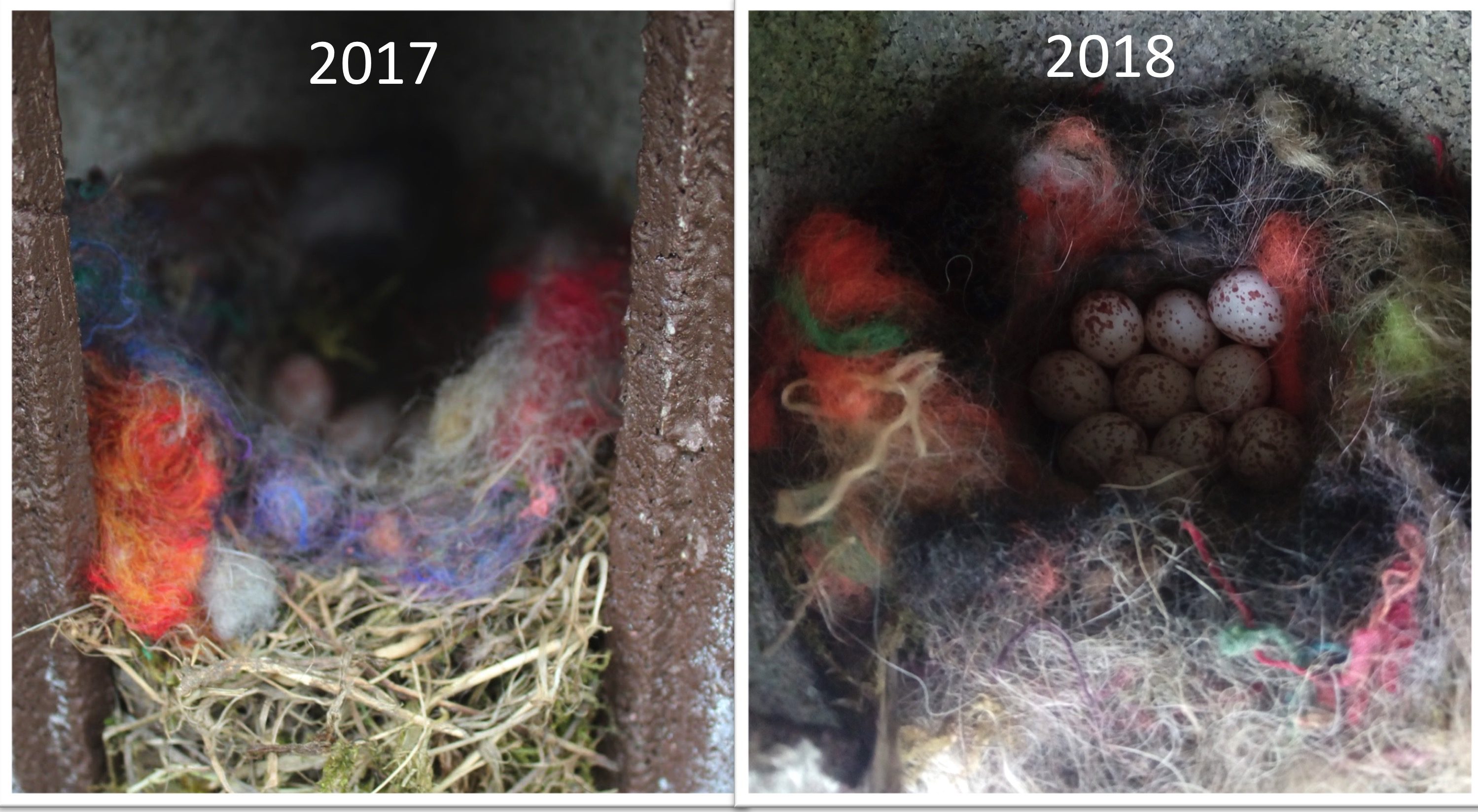
A warm thank you to Marketa Zarybnicka for introducing us to the Smart Nestbox – you can watch over 65 Smart Nestboxes accross the Czech Republic and Poland continuously streaming passerine breeding events at www.birdsonline.cz. We are delighted to have kickstarted the 1st Smart Nestbox in Warsaw – no luck with nest building yet, but a starling made an inspection a few days after installation. If more interested in urban predators, a webcam installed in a peregrine falcon nest in Gdansk is streaming live here.
February 2018
We are adding a 9th nestbox study site to our collection! The site will be used as nestbox replicate in our inference of reproductive success in natural cavities monitored in the same woodland. Many thanks to the team for making this possible!
From left to right: Michal Adamowicz, Irene Di Lecce and Marion Chatelain after completing nestbox setup.
December 2017
- New paper in Evolutionary Applications! Great tits and the city: distribution of genomic diversity and gene-environment associations along an urbanization gradient
- Marta Szulkin was awarded a scholarship for outstanding young scientists awarded by the Ministry of Science and Higher Education.
November 2017
- Michela Corsini has secured her own doctoral NCN Preludium grant on the impact of food availability on avian reproduction in a gradient of urbanisation. Her proposal has been ranked #2 out of all submitted applications in the panel. Congratulations!
- Marta Szulkin will be the invited speaker to symposium 63: Evolution in an Urbanizing World at the joint SSE Evolution / ESEB conference in Montpellier, France. You can submit abstracts to the symposium here!
August 2017
- Marion Chatelain has secured CeNT funding to carry-out a side project supplementing her POLONEZ fellowship. She will focus on trace metal exposure of passerine birds in replicate urban gradients, in collaboration with Arnaud Da Silva. Her proposal has been ranked #1 out of all submitted applications. Congratulations!
- Welcome to Irene di Lecce! Irene will be joining us in the autumn as doctoral student, starting on the 1st of October 2017. Her research will focus on promiscuity in the Anthropocene.
- Congratulations to Michela Corsini, author of the lab’s first research paper using data from two study sites in Warsaw. Her article is now available in Frontiers in Ecology & Evolution.
- An outline of speakers for next year’s Warsaw Seminars in Ecology & Evolution, organised in collaboration with Magdalena Niedzialkowska from the Mammal Research Institute in Bialowieza (Polish Academy of Sciences), is now available here!
July 2017
End of field season party! Many thanks to the field work team who valiantly collected data throughout the breeding season – by the end of June, we recorded 221 blue tit and great tit breeding events in nestboxes and 50 in natural cavities. Due to a large number of second clutches, nest monitoring is extended till July.
Fieldwork team (from left to right): Marion Chatelain, Anna Dubiec, Michela Corsini, Joanna Sudyka, Arnaud Da Silva, Marta Celej, Lucyna Wojas, Ajsa Alagic, Michal Walesiak, Michal Adamowicz, Elisavet Zagkle, Marta Szulkin.
April 2017
The first clutches of the season hatched on the 27th of April (great tit broods), despite cold weather throughout the month.
We are now on track to monitor environmental variability at the nestbox level across a large suite of environmental axes. These include ground collected data such as human presence or trace metal concentration, but also remotely sensed information such as:
- within- and between- site variation in biomass availability:
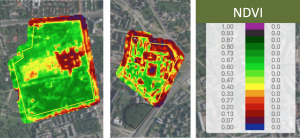 Collaboration: Przemyslaw Żelazowski (Centre of New Technologies, University of Warsaw)
Collaboration: Przemyslaw Żelazowski (Centre of New Technologies, University of Warsaw)
- within- and between- site variation in light pollution levels:
 Collaboration: Arnaud Da Silva / Andrzej Kotarba (Space Research Centre, Polish Academy of Sciences)
Collaboration: Arnaud Da Silva / Andrzej Kotarba (Space Research Centre, Polish Academy of Sciences)
March 2017
Welcome to Joanna Sudyka and to Lucyna Wojas! Joanna is starting as OPUS grant post-doctoral researcher, while Lucyna will join the lab as field & lab technician.
February 2017
500 nestboxes are now up! Thank you to everyone who helped out – all the way from a natural forest to Warsaw city centre:
November 2016
We are delighted to announce that our OPUS grant application: Tit extra-pair mating in the Anthropocene: from life in a primeval forest to life in the city has been accepted for funding by the National Science Centre (PI: Marta Szulkin). The project will start in spring 2017.
Marta Szulkin and Anne Charmantier (CEFE CNRS Montpellier) will be organising a symposium on “Urban Evolution” at the 2017 Congress of the European Society for Evolutionary Biology (ESEB), which will take place 20-25 August in Groningen, the Netherlands. To submit an abstract for the symposium, please follow the guidelines available here.
September 2016
Welcome to Arnaud Da Silva! Arnaud recently completed his PhD in the Max Plank Institute for Ornithology in Seewiesen, Germany, and will be starting a postdoctoral position in ecological genomics in our lab on the 1st of October 2016.
Welcome to Marion Chatelain! Marion is starting her Polonez NCN Fellowship on the 1st of October 2016. She will be moving from Pierre et Marie Curie University in Paris, France, to study the effects of trace metals and oxidative stress in a gradient of urbanisation.
July 2016
13.07.2016. The last brood of the season was ringed today! Overall, we monitored 98 nests (egg stage onwards) and 3 study sites: an urban park, a cemetery and a protected forest. 38% of these nests were made by great tits, and 62% by blue tits. Both species will be monitored throughout the duration of the project, and it remains to be seen whether their occurrence will remain constant in time. We are planning to launch up to 4 additional study sites in the autumn, totaling c. 550 nestboxes in a gradient of urbanisation.
Sincere thanks to those who participated in field work: Marta Celej, Michela Corsini, Anna Dubiec, Fatima Hayatli, Karol Kobiałka, Justyna Kubacka and Marta Szulkin.
May 2016
- A 2+2 Postdoctoral position in ecological genomics, to start in September / October 2016 is now open. More details are available here.
- Congratulations to Dr Marion Chatelain, currently at the Universite Pierre et Marie Curie in Paris, who has just been awarded an NCN Polonez Fellowship, funded through Marie Curie Actions, to join us for two years and starting in September 2016. Marion will be working on trace metal effects on wild great tit oxidative stress and fitness in a gradient of urbanisation. Welcome to the lab!
- The first clutch of the project hatched conveniently on the 1st of May 2016 – a date we will all remember!
April 2016
The first eggs are here! The earliest lay date was on the 9th of April for blue tits and 11th of April for great tits.
March 2016
Over 300 nestboxes are now up! This is the end of the first stage of our experimental setup (more nestboxes will be put up in the fall of 2016). Thank you to all for helping out in the field – new great tit homes are now part of the urban public space…
February 2016
Welcome to Karol Kobialka and Michela Corsini, joining the lab this month! Karol will be managing field and lab work, while Michela is starting her PhD on the 1st of March.
